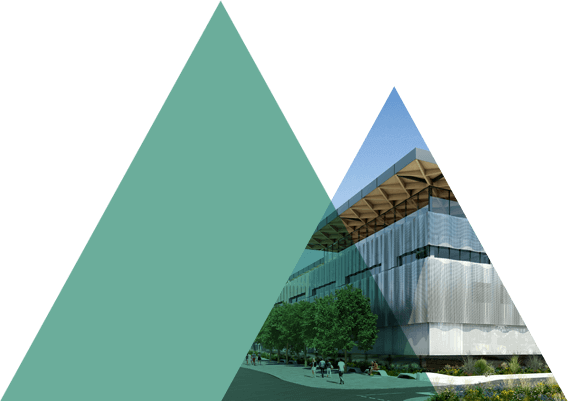Blog: TalentTech Recruitment

TalentTech is a technical and technology recruitment consultancy for the whole of the UK. We specialise in software sales jobs and technical sales jobs in many sectors and we get involved with recruitment from graduate entry level through executive recruitment.
There are seven of us in the business – with a combined experience of between 80 and 90 years in recruitment.
We set up in April 2019 and moved in to the University of Warwick Science Park in Binley in February 2020, just in time for Covid! We were only in the building for four to five weeks before being sent home.
There are so many mixed messages about the jobs market at the moment. Obviously, things vary hugely from sector to sector but in the areas in which we work, currently I would say there are a great deal of companies with the confidence to recruit to enable them to grow or to re-strengthen as we emerge from the Covid crisis.
That might be for a number of reasons – their teams may well have been depleted in the last 18 months or so, they might have to have pivoted into new areas and, without question, some companies we worked with really thrived during Covid.
There is a misconception that there is a wealth of talent on the market which has been misplaced due to cutbacks and they are all scrambling for jobs. The reality is that there are a lot of companies scrambling for talent and the talent pool has not picked up at the same rate.
We are awash with vacancies and companies are looking to hire, but, at the moment, it seems there is not the inclination for people to move. The world has turned on, everyone’s lives have got quite a bit busier so people have not got the time to apply or to go to interviews.
We are a good barometer of the economy, as we speak to so many people in so many industries, with different demographics and salaries, so we get a feel for the market – there doesn’t seem to be an appetite for people to take themselves out of their comfort zones at the moment.
We operate in a market which is akin to the property market in that every appointment then creates a vacancy chain and we are not seeing that.
On the other hand, for that very reason, companies are little frantic and unstructured in their decision-making process. We call it the “recruitment paradox” where companies need to appoint and want to appoint as they are over-stretched and under-strength, but for that very reason they do not have the time to go through the recruitment process.
With candidates, they have sat through the pandemic working from home and now everything is gathering pace and they are, in many ways, almost re-establishing themselves with their existing employers as they return to the workplace.
The age of digital interviewing has also changed the recruitment dynamic. People have become accustomed to switching dairies at the last moment because you can do that when you are meeting via Teams, Zoom or Google Hangouts, but it is different if you have to book a day off, put on your suit and travel into the centre of Coventry for an interview.
And because virtual meetings are so easy to arrange, not only are they easily moved, but people are inserting more stages in the process and while, ultimately, it ends in a face-to-face interview it slows everything down and actually means more work for the companies involved.
It means timescales are all over the place and are varying greatly from client to client.
The major change in the job market since Covid is the advent of working from home. I think everyone is seeing that there is a return to the office but not on every day of the week as previously.
Companies are offering flexibility, with three days a week in office appearing to be the standard. That was something of a free-for-all when the restrictions were relaxed but in the last couple of months, companies have started to put structures in place and they expected people to be in at set times on specified days.
It has forced the flexibility issue with companies who appreciate that a happy, healthy and motivated workforce will produce the best results, and that a more flexible approach within boundaries can achieve that.
That said, it will not be the same as the working from home during the pandemic. In those early days there was not really a lot to do apart from work, so the with normal life all but returned, I am not sure the rise in productivity that was much vaunted will be maintained.
There are also so many factors to be considered – some functions simply cannot be carried out remotely, some people very much need that human contact which working from home does not bring, while a great many people do not have a home environment which is conducive to working.
In short, things are settling back down into a rhythm, but there is no question that Covid has brought changes to the workplace and working patterns which are here to stay.

